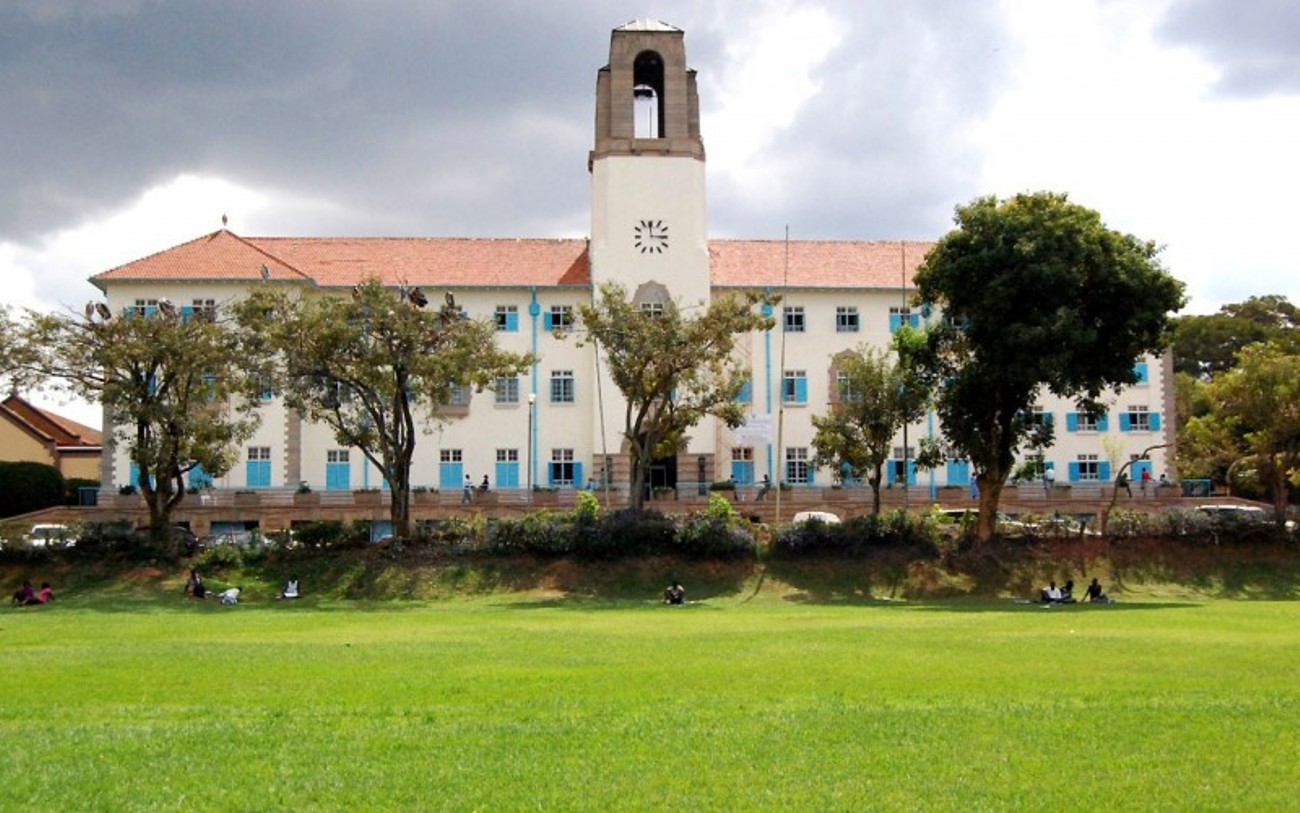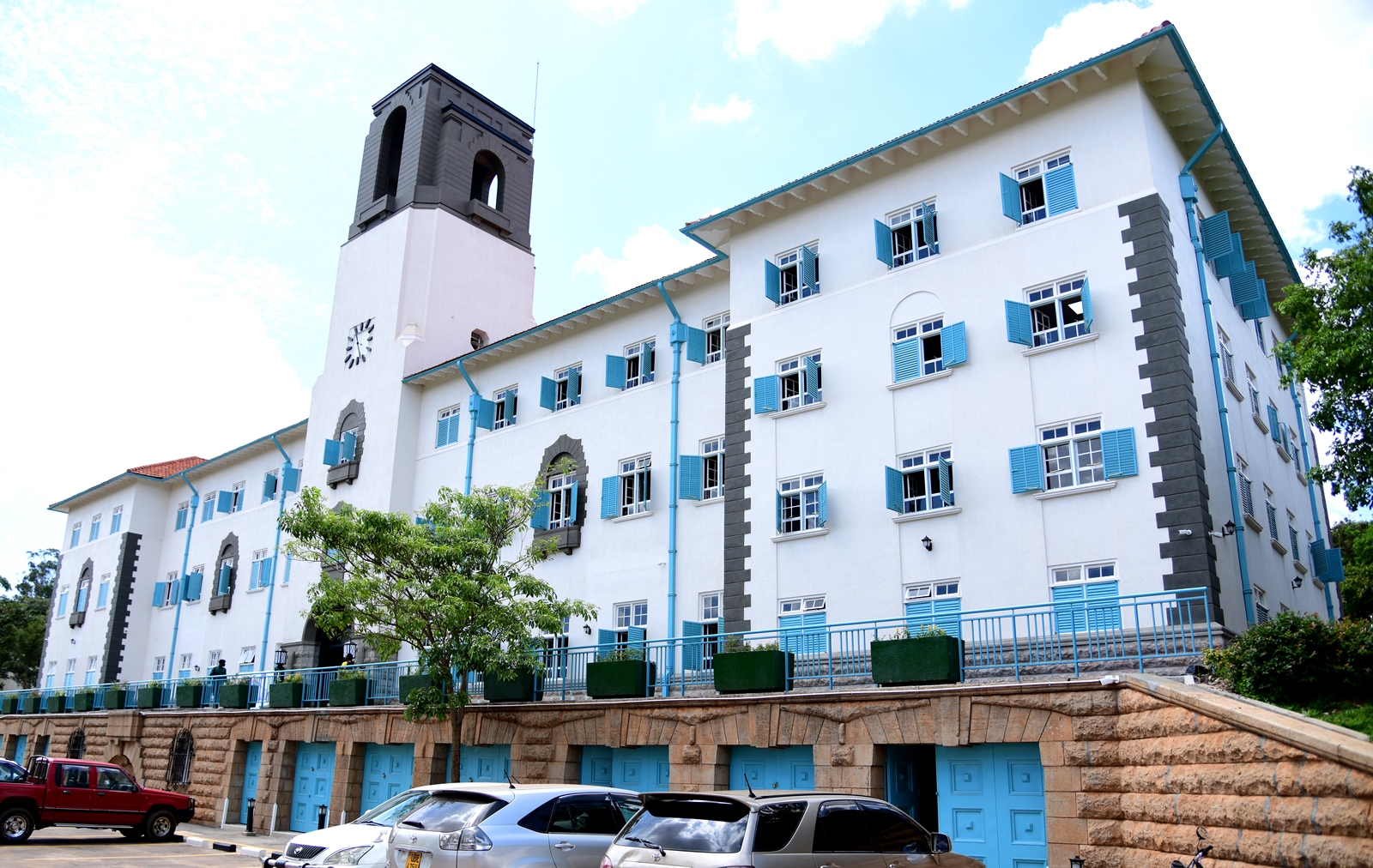Makerere University held her first consultative meeting to discuss the Research and Innovations Communication Strategy (RICS) on 13th July 2015 at the College of Engineering, Design Art and Technology conference hall. The RICS document aims at addressing a key challenge on how to effectively communicate research outputs from Makerere University to both national and international audiences. The draft document was prepared by the Makerere University Department of Journalism and Communication with Dr. William Tayeebwa as the lead consultant, Marjorie K. Niyitegeka as a Consultant and other team members from this department. The Department won the tender after a competitive bidding process; with sponsorship from the Swedish International Development Agency (SIDA).
Among the hindrances/constraints to research output pointed out in the RICS document include; apathy by researchers who do not feel obliged to share their research and innovation outputs with Makerere University, competing research dissemination activities, inadequate funds for research dissemination and absence of a Communication Officer at the Directorate of Research and Graduate Training (DRGT). Nonetheless, the University prides in a coveted brand which continues to attract research funding, increase in research by both staff and students and presence of a research management structure within DRGT.
The RICS document streamlines the officers in charge of communicating the university’s research and innovation output. These include the Vice Chancellor, Deputy Vice Chancellor (Academic Affairs), Deans, Principals, Deputy Principals, Researchers and Innovators. It proposes various channels of communication ranging from traditional to online platforms including social media. For purposes of monitoring the efficiency of all these, the document advocates for a monitoring and evaluation mechanism involving both internal and external checks and balances.
According to the Director, Directorate of Research and Graduate Training Prof. Mukadasi Buyinza, “the ultimate benefit of research lies not only in the generation of new knowledge but also in its uptake through the translation of knowledge into technologies, interventions and strategies effectively and appropriately delivered to the end-users. In order to reach this objective, we intend to pursue the entire research process within the context of contemporary knowledge, good ethics, effective policy, adequate resources and international cooperation.”
Dr. Tayeebwa explained that RICS is a result of a consultative process with different stakeholders including Principals, deputy principals, researchers, DRGT, Communication Officers and the directorate of ICT Support. It draws input from the Research and Innovations Policy 2008, the University Research Agenda 2013-18, the ICT Policy and Master Plan 2010-2014 and the Communication Policy 2013.
“Universities are expected to change their role from simply knowledge generation to a more proactive role of generating knowledge that contributes to development. This is because the 21st century is now based on a knowledge economy, where policies and development agenda are informed by knowledge. The knowledge economy implies also that the economies are private sector led and hence Makerere needs to partner with the private sector regarding the graduates it produces as well as the research it conducts. It is heartwarming to note that the University has a vast amount of research outputs that could be shared with other stakeholders nationally and internationally,” added Prof. Buyinza.
During the consultative workshop, participants divided into five groups, discussed the RICS document in detail and provided input. In their proposals, participants suggested that the University holds a Research Week every Semester in order to promote research and innovation output.

"The ideas provided during this workshop have greatly enriched the draft strategy. I must however emphasize that it is important to ensure that funding is available to implement the dissemination activities. The Mak Public Relations and Communications team is ready to perform the tasks within their mandate for the successful implementation of the strategy to internal and external stakeholders," said Ms. Ritah Namisango, the Senior PRO of Makerere University in her vote of thanks.
Mrs. Niyitegeka explained that the consultants will take two weeks to incorporate the proposed amendments and share the document with the wider university community. The consultative meeting was attended by College Principals and their deputies, Researchers, Mak PR office, Communication officers, Web Administrators, the University Librarian, DICTS, DRGT and the Department of Journalism and Communication.
Story by Marion Alina
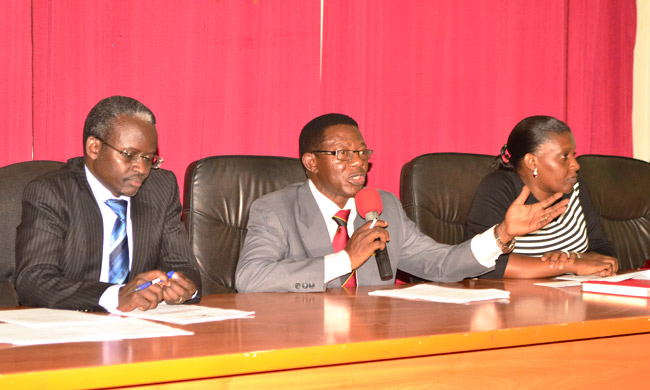

 Research2 weeks ago
Research2 weeks ago
 Health2 weeks ago
Health2 weeks ago
 Health1 week ago
Health1 week ago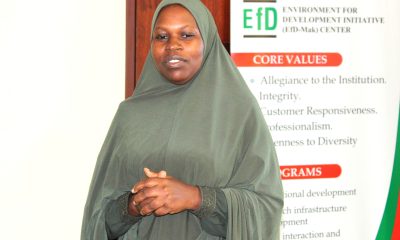
 Business & Management2 weeks ago
Business & Management2 weeks ago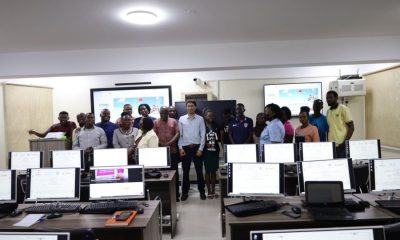
 Computing & IS1 day ago
Computing & IS1 day ago
